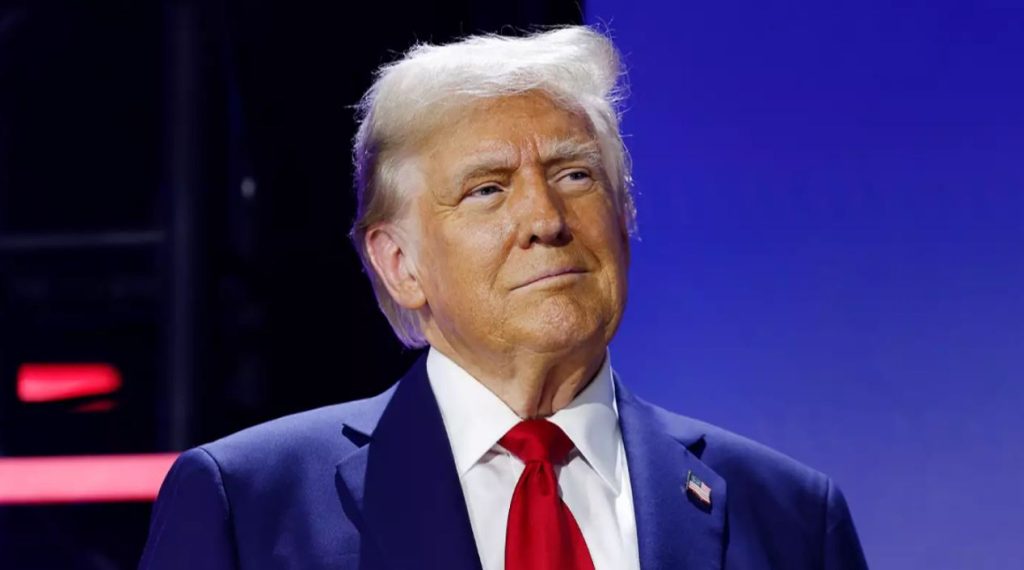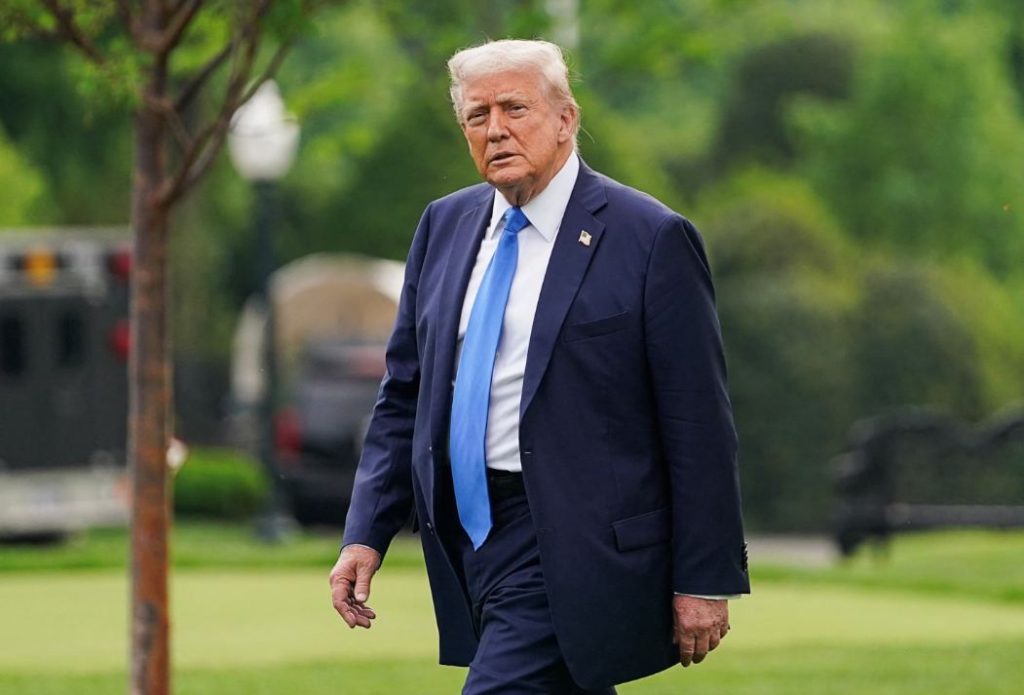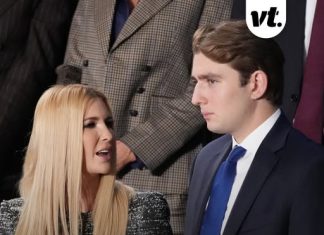Former U.S. President Donald Trump has drawn sharp scrutiny over his reported acceptance of a $400 million aircraft from Qatar’s royal family, which is being touted as a temporary replacement for Air Force One. Despite criticism, Trump has defended the arrangement as legal and transparent, calling it a necessary measure due to delays in the production of new presidential aircraft by Boeing.
A Luxury Jet for Presidential Use
The aircraft in question is a lavish Boeing 747-8, often referred to as the “flying palace,” which was originally ordered by Qatar’s royal family for personal use. The jet is considered one of the most luxurious in the world, boasting gold-colored interior finishes, private suites, and expansive lounges that resemble a five-star hotel more than a typical government plane. The plane has been undergoing modifications by the U.S. defense contractor L3Harris to meet military and security specifications required for presidential use.

Filling the Air Force One Gap
This development comes at a time when the U.S. government is facing significant delays in replacing the current Air Force One fleet. The current planes, two Boeing 747-200 aircrafts, date back to the early 1990s. A $3.9 billion contract was awarded to Boeing in 2018 to produce updated versions, but the project has been plagued by delays and budget complications. The new planes are not expected to be ready before 2029. The Qatari jet is intended as a stopgap measure to serve the office of the president until the new models are delivered. Trump’s aides have stated that the plane will be used solely during his term and will eventually be transferred to the Trump Presidential Library Foundation once his tenure ends.
Legal and Ethical Questions Raised
However, the deal has prompted a wave of backlash, particularly from Democratic lawmakers and ethics watchdogs. Critics argue that accepting such a costly gift from a foreign government could violate the U.S. Constitution’s Emoluments Clause, which prohibits federal officials from receiving gifts or benefits from foreign states without congressional approval. Despite this, Trump has asserted that the arrangement is entirely legal, citing internal legal reviews conducted during his administration. These reviews reportedly concluded that the gift does not violate constitutional rules because it is not contingent on any official act and the aircraft is not being retained for personal use indefinitely.
Qatar’s Position and Diplomatic Sensitivities
Officials in Qatar have confirmed discussions are ongoing but insist that no final decision has been made regarding the handover of the aircraft. According to sources familiar with the matter, the decision ultimately lies with Qatar’s Ministry of Defense in coordination with the U.S. Department of Defense. The diplomatic implications are significant, especially given the high value of the gift and the growing political tension surrounding Trump’s 2024 campaign.
Trump is scheduled to visit the Middle East in the coming weeks, including stops in Qatar, Saudi Arabia, and the UAE. Observers believe this trip could finalize the details of the jet’s temporary transfer.

Political Reactions and Future Implications
As expected, the deal has fueled partisan debates in Washington. Supporters of Trump view the gift as a strategic diplomatic win and a practical solution to the Air Force One delay, while opponents see it as another example of Trump’s blurred lines between private benefit and public office. Regardless of the outcome, the situation underscores the complexities of international diplomacy, the evolving nature of presidential logistics, and the heightened scrutiny surrounding Trump’s post-presidential dealings.

















